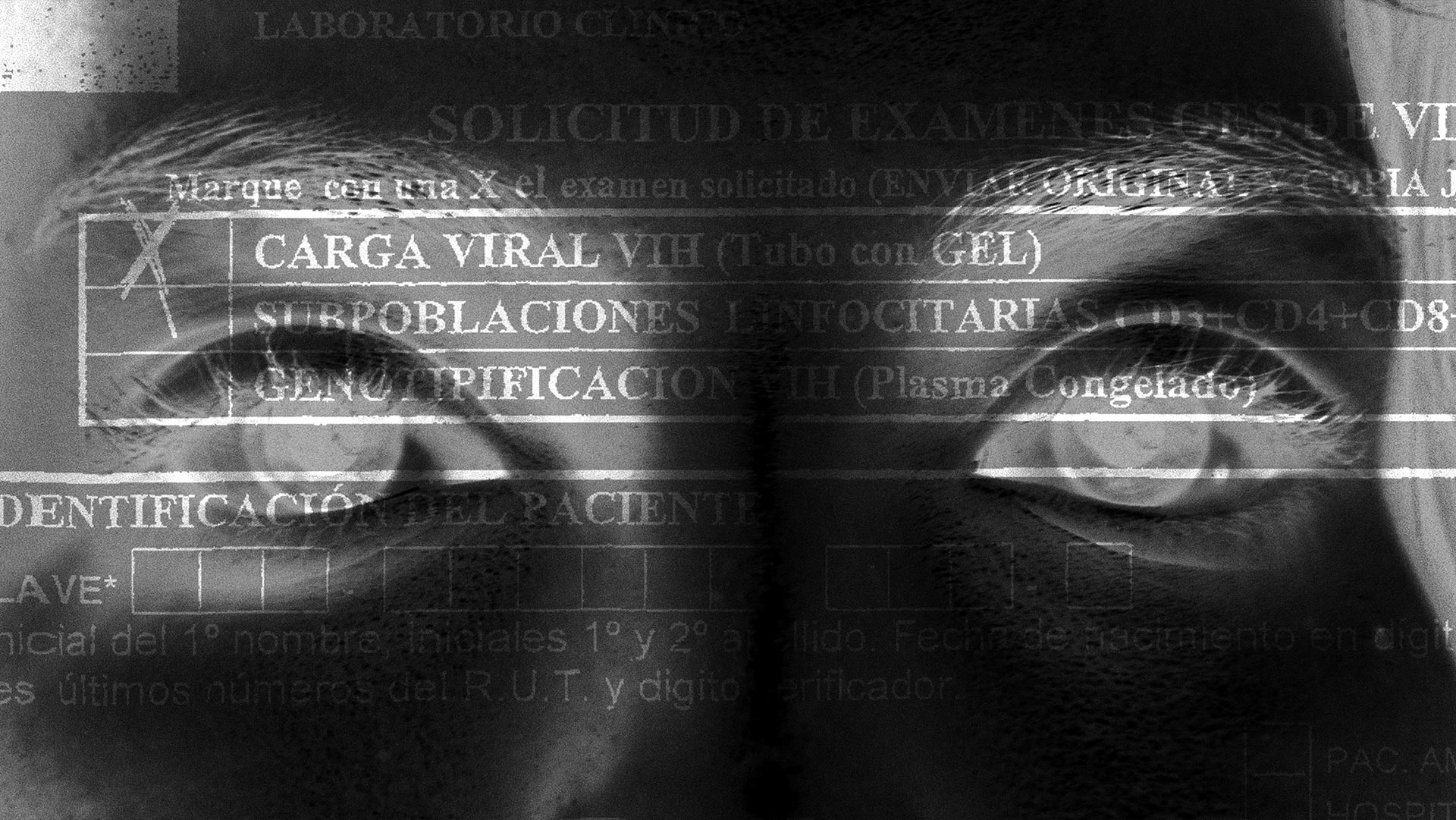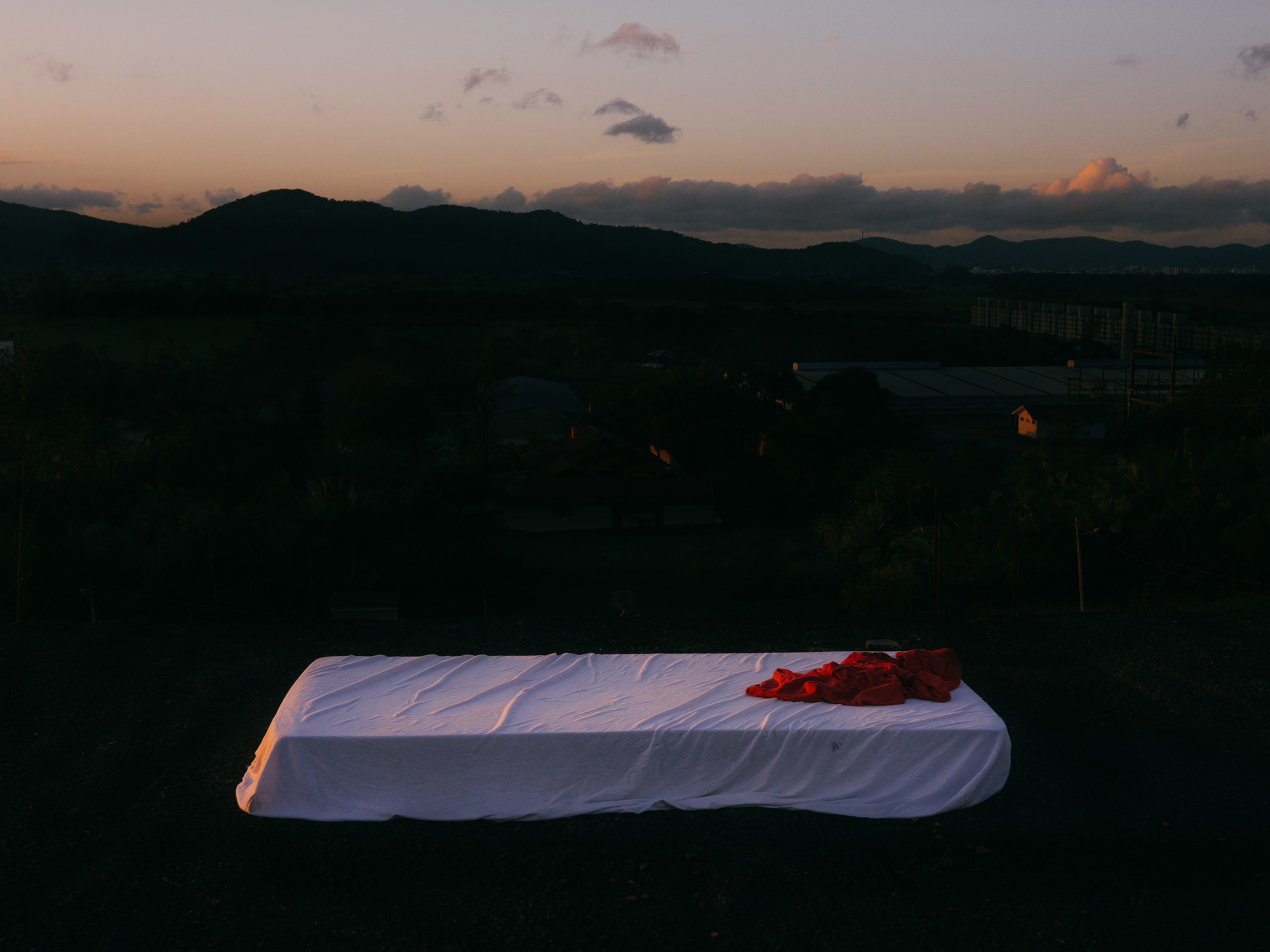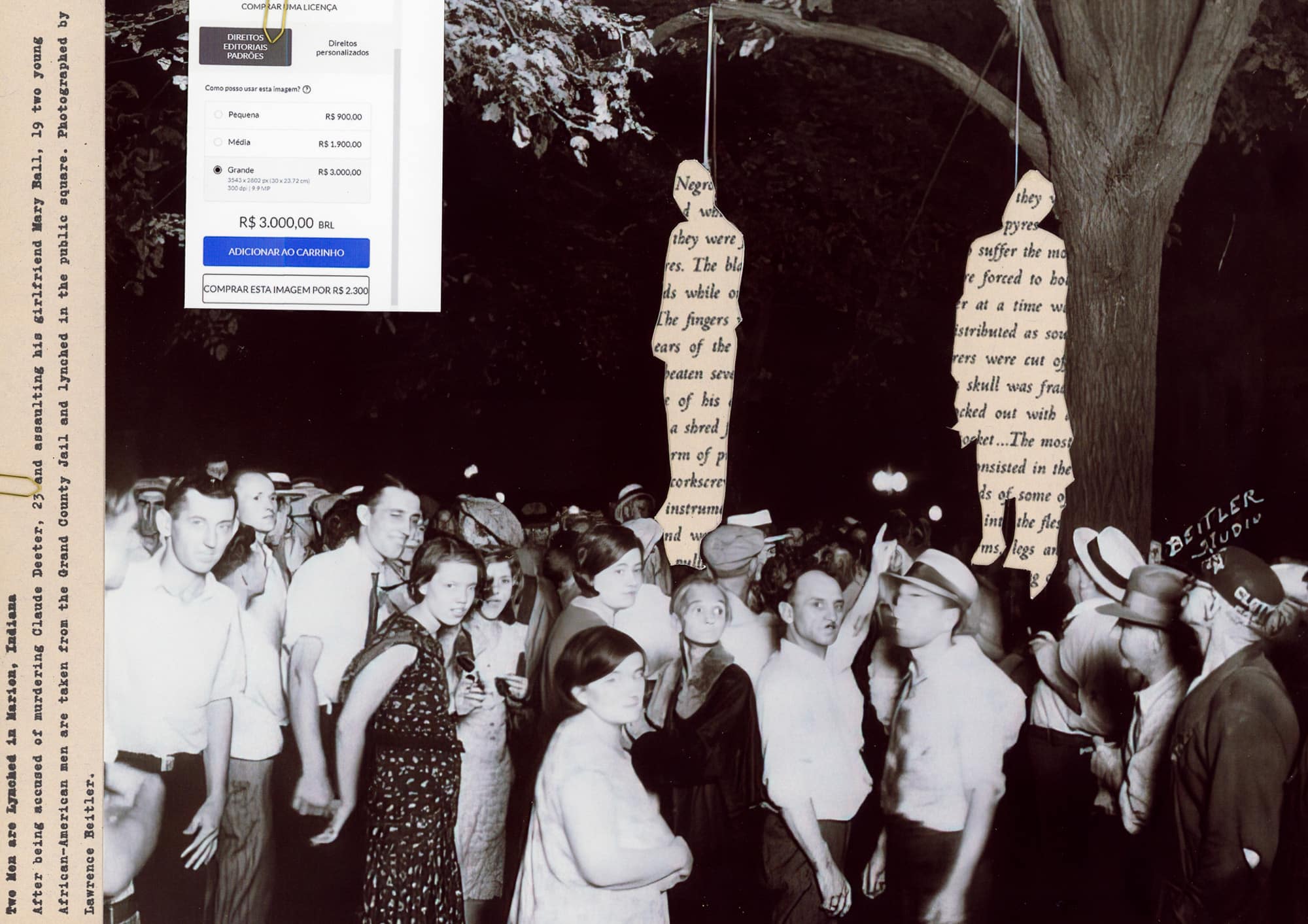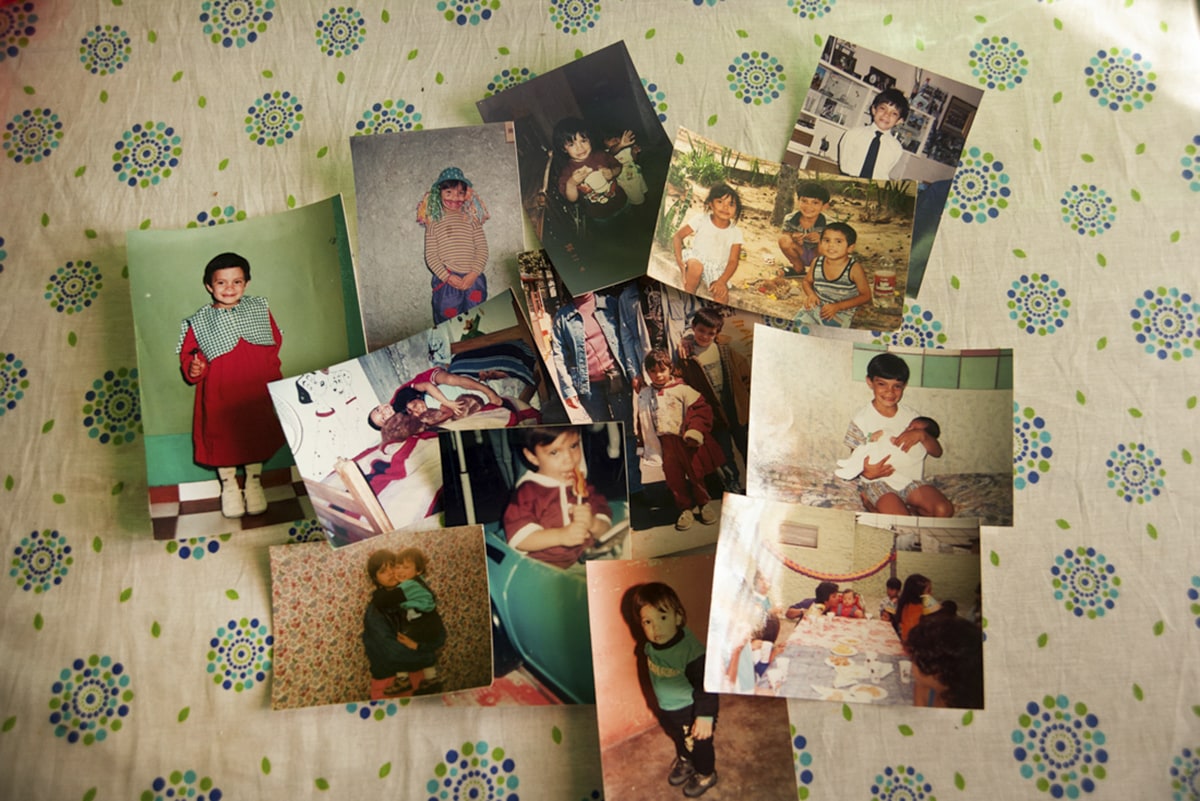
Why is it so uncomfortable to see the face of a women’s assassin?
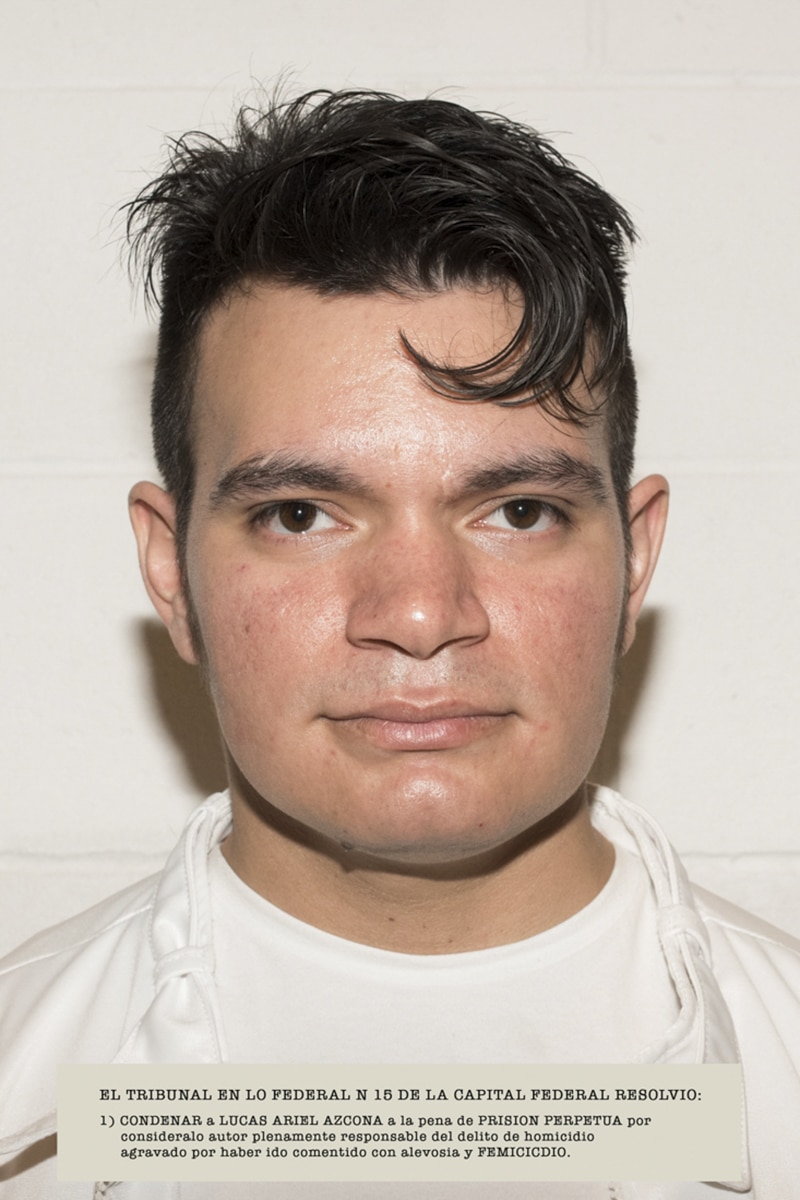
Rueda Fotos
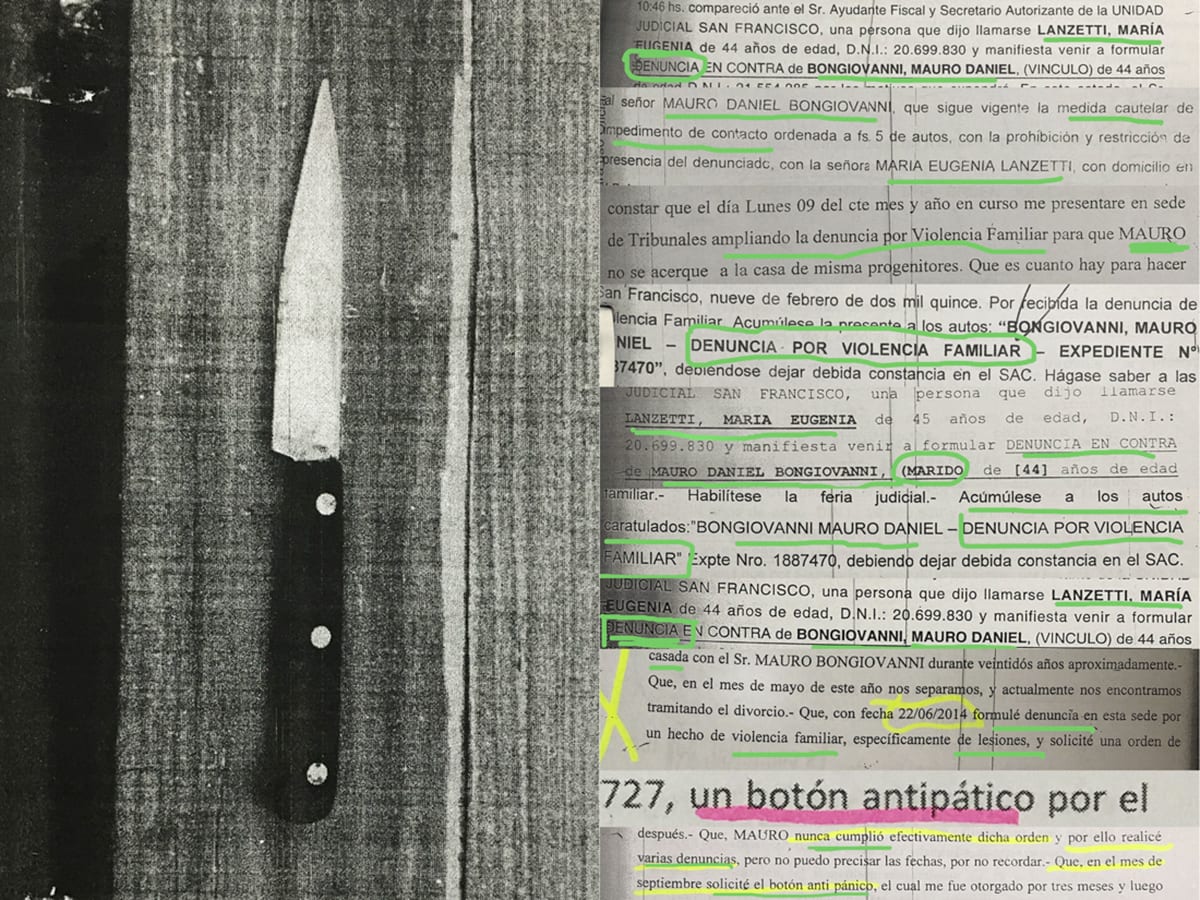
Rueda Fotos
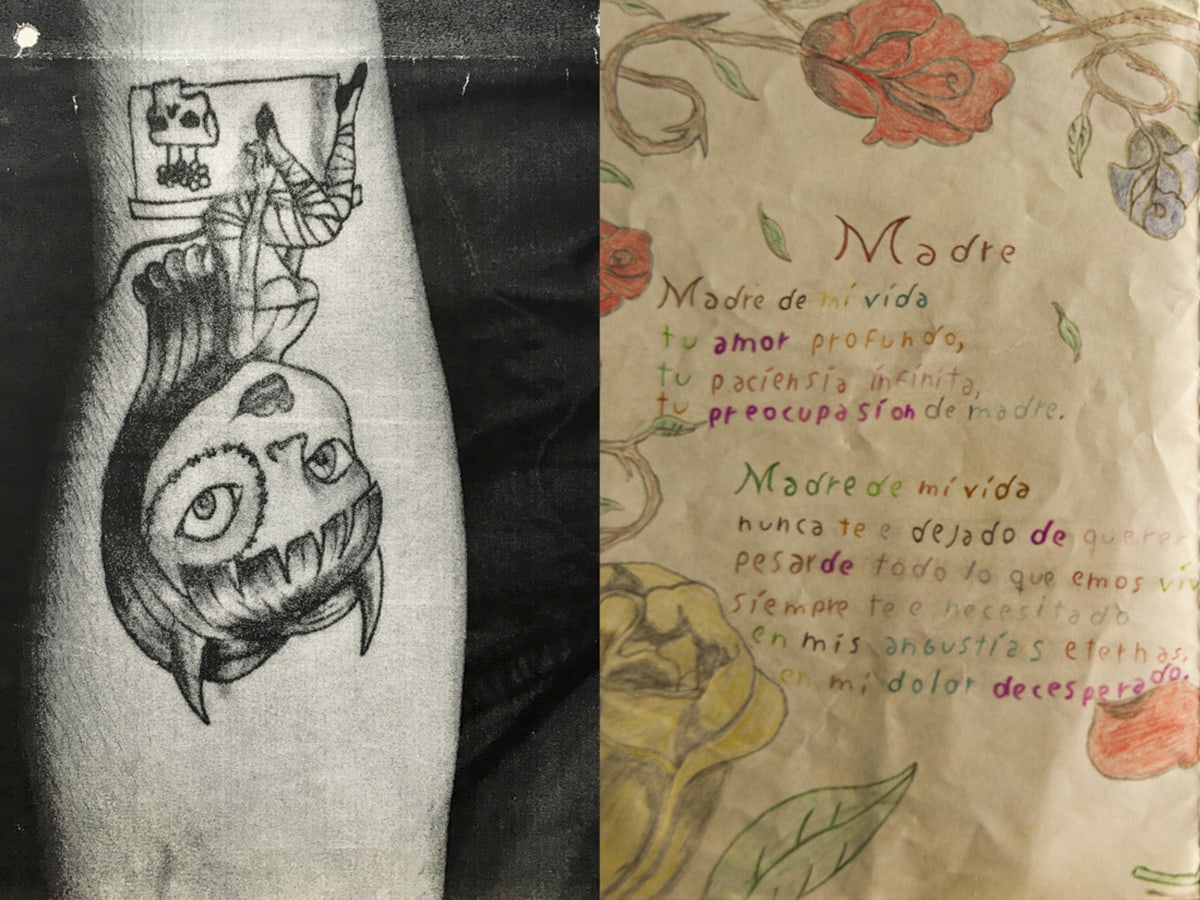
Rueda Fotos
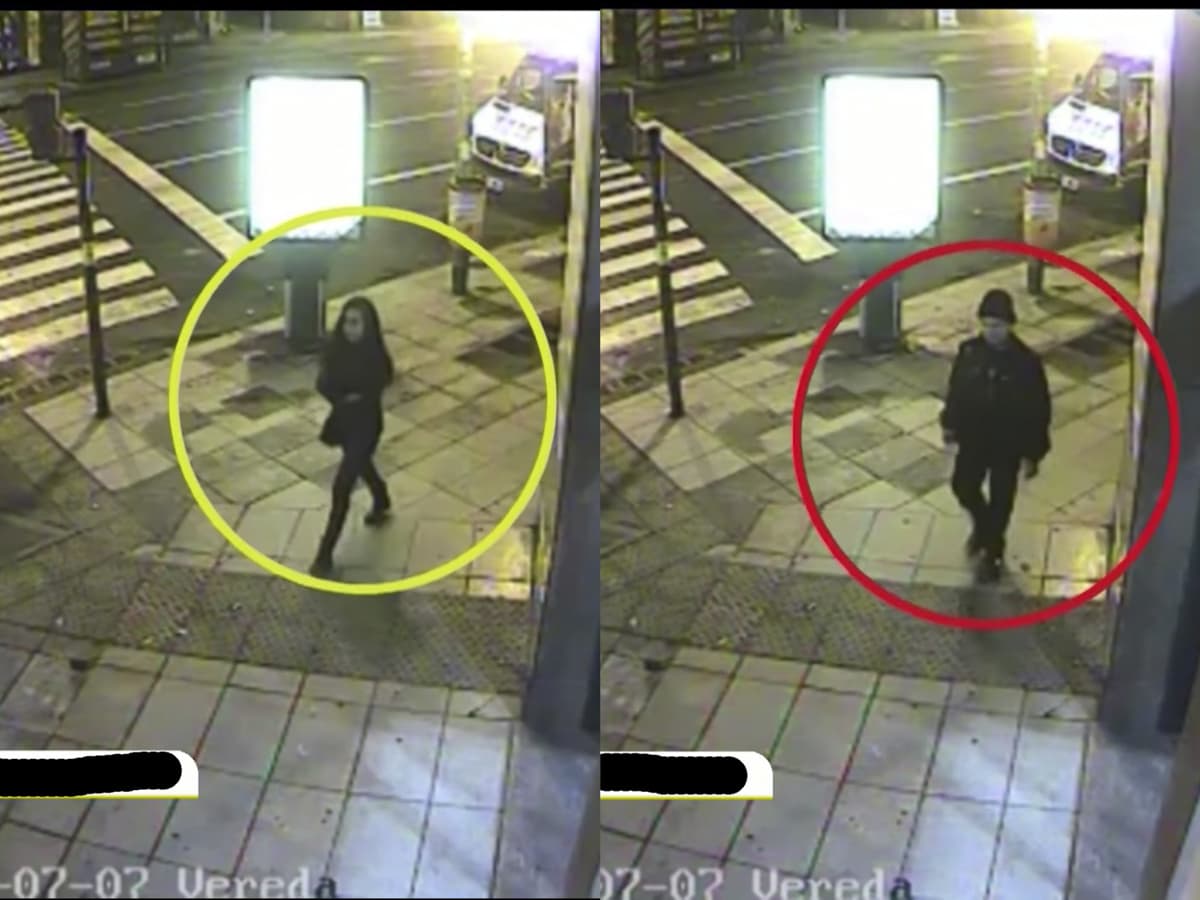
What did you discover in the process?
We were surprised that people were astonished that we wanted to tell it from another side. We always interview family, friends, and siblings. It is a work more about questions than answers. There is an account that does not close. We all know women who have suffered violence, but men do not know any of them.
With this work, we understood that there is a deep-rooted patriarchal system. We have recognized our patriarchy. It is a matter of identifying vestiges, children of patriarchy, we see them.
I think that part of our work, what excites us, is that it makes us uncomfortable. Some have told us that they have stopped following us: how awkward is it to see the face of femicide? It makes us uncomfortable because it makes us wonder if we can fail. Criticism is healthy because it makes you rethink your work: what does it generate in me if this person generates this?
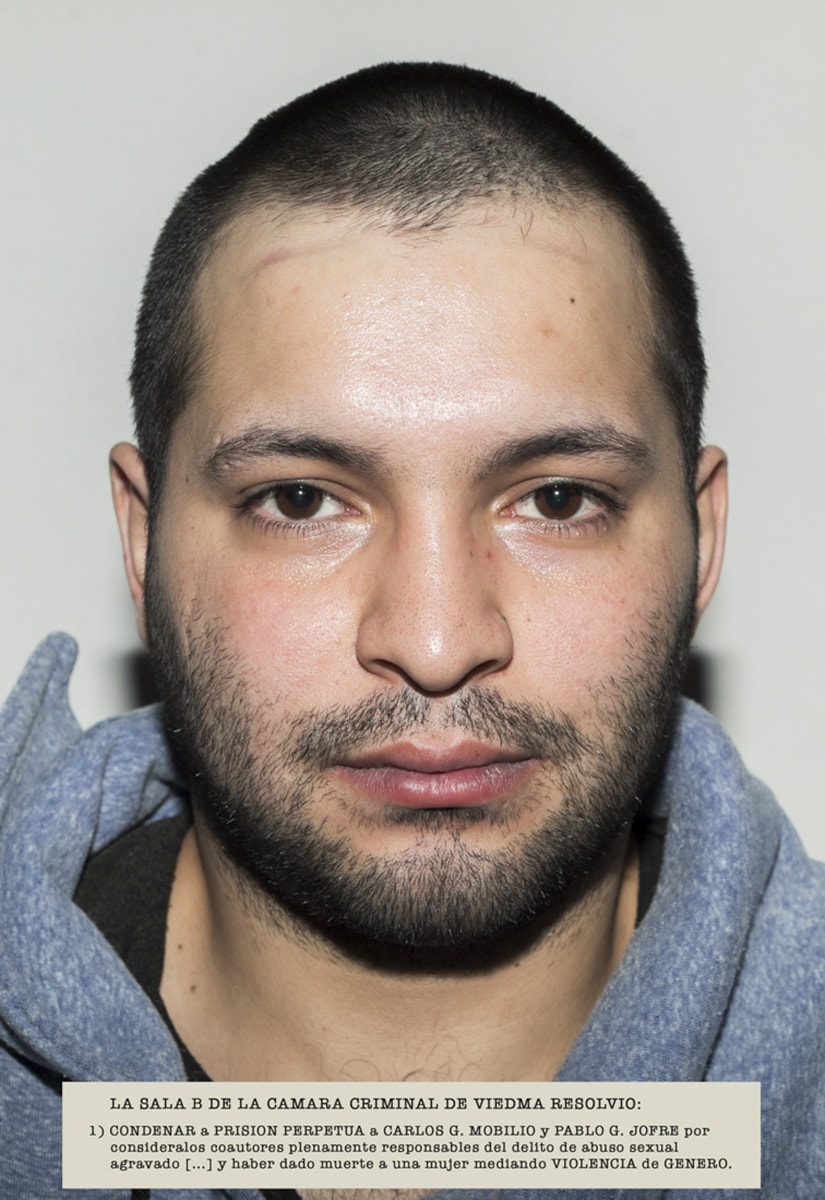
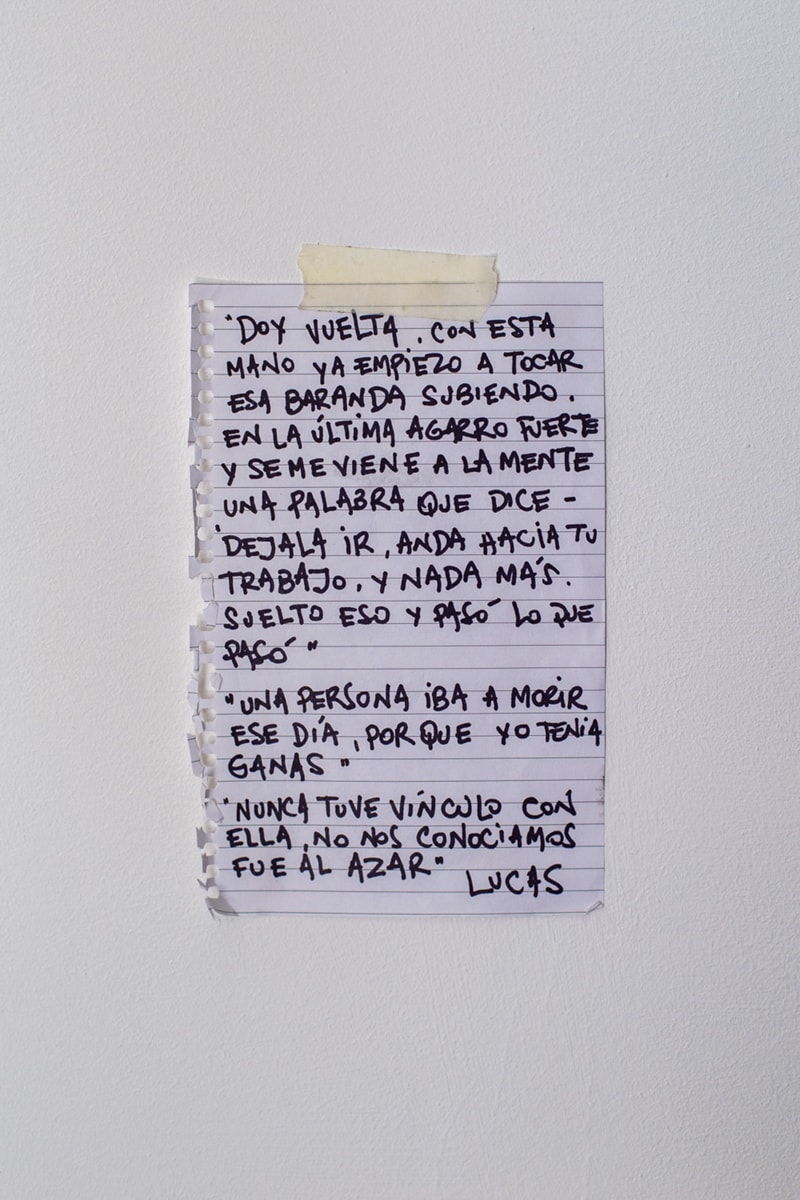
Rueda Fotos
Do you find it challenging to produce encounters?
It is knocking on doors. With Azcona, it took us almost a year to enter the prison. The women who work there helped us a lot. We had access to the file. We called him once a week, we created a bond, and he had no problem with us making regular visits. But we did not want to go as friends to visit him. The bond created a contradiction for us. It was not easy to maintain these links. He was in Ezeiza. Finally, we made it, and it was great.
They opened the doors for us in Viedma, and we entered with the lawyer. It was crazy because we did not plan to interview then, but it happened. We were in a room with him. It was peculiar, very strong, and I don’t know if we were prepared. It was the first time we entered a prison. When they brought him in, we first thought: “there are two of us. We have a tripod at hand in case he gets up.” While you are interviewing, you are thinking about where the door is. The level of manipulation is powerful. They want to have control of the conversation.
The third one was in another prison. We got it via the warden. They gave us a lot of freedom, and we had a lot of time. We tell them: “We will talk about you anyway, so you better speak in your voice.”
In the third case, a private attorney is in the upper-middle class. We had access to the lawyer. He told us: “no, he will not give you the interview.” Upper-class society plays a role. It is covered up because there is money. They wanted to make it look like he had psychiatric problems, and upper-class tricks to cover up. We interviewed his children and his brother but not him.
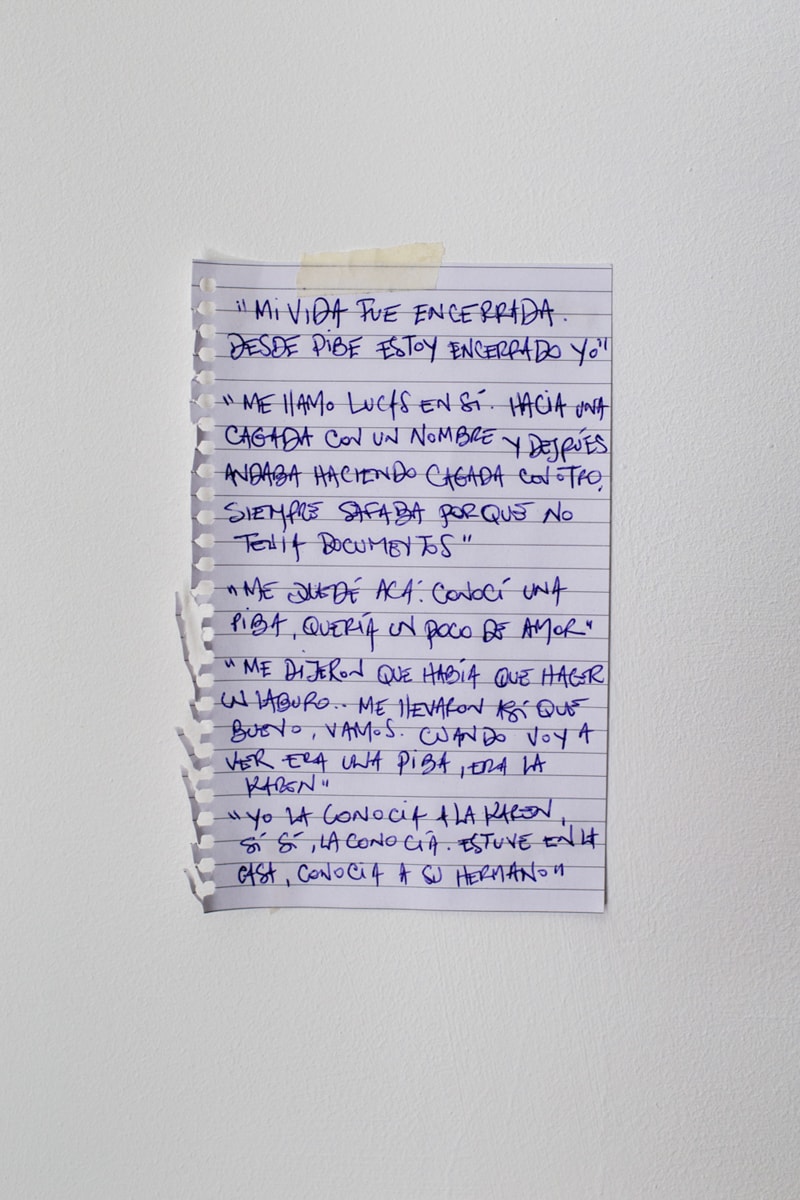
Rueda Fotos
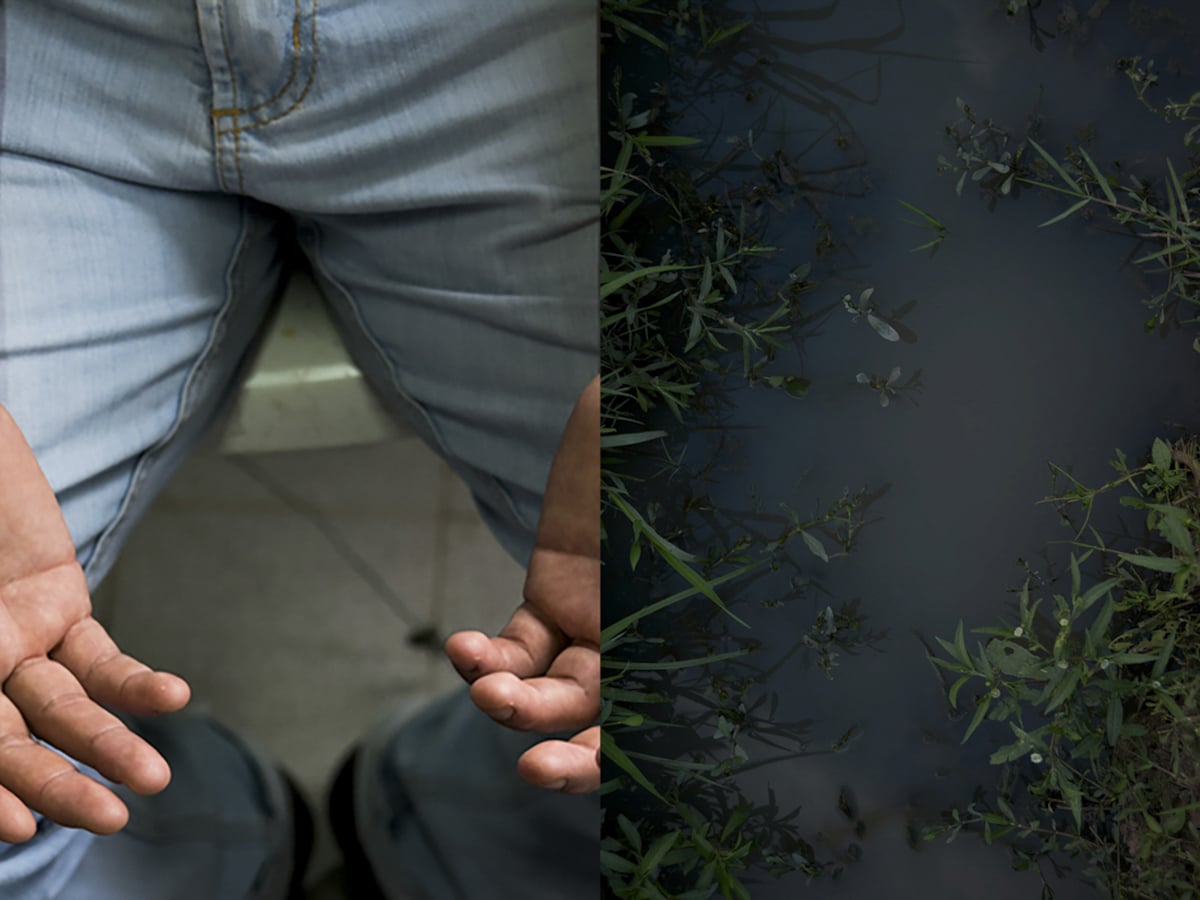
Rueda Fotos
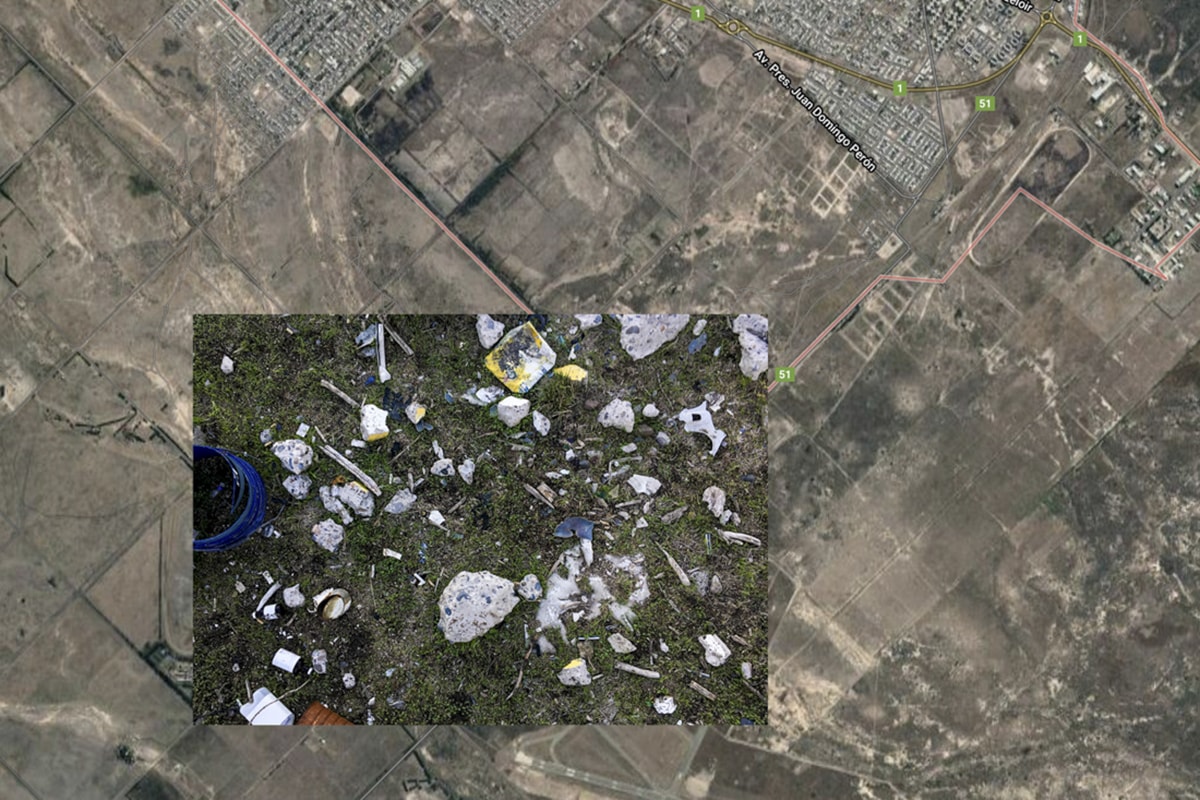
Rueda Fotos
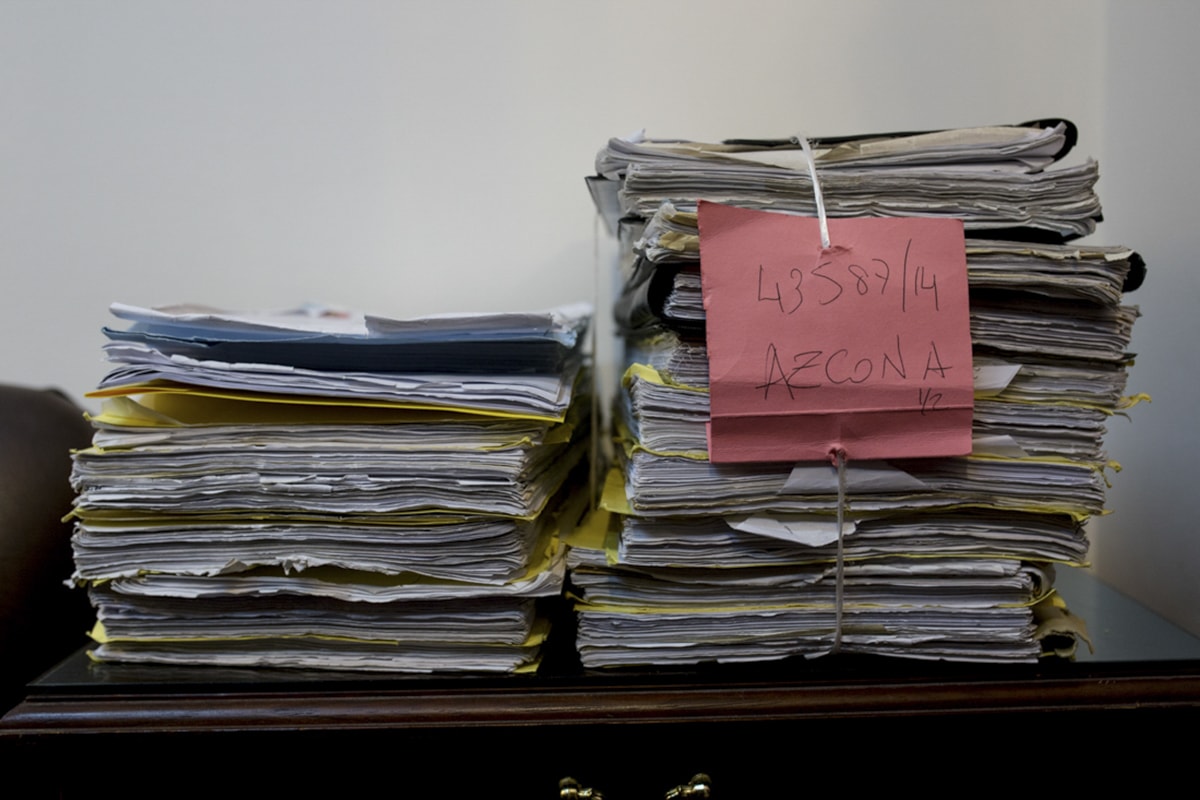
Rueda Fotos
The project presentation says, “Any of them could have been us.” How did the process go through you?
For us, this work was not costless. The photographic act is orality-based. We did many interviews, and some parts are irreproducible. It is hard to hear the guy saying, “someone was going to die that day.” As time goes by, we are calmer. But it is challenging to have femicide in front of us.
We are not the same as when we started, not only because of what it means for us as women to be interviewing femicide but also to hear the story of a mother, a father, or a sister whose daughter or sister was killed. The families of the femicides have also suffered. They cannot understand what they did wrong.
Rueda Fotos
